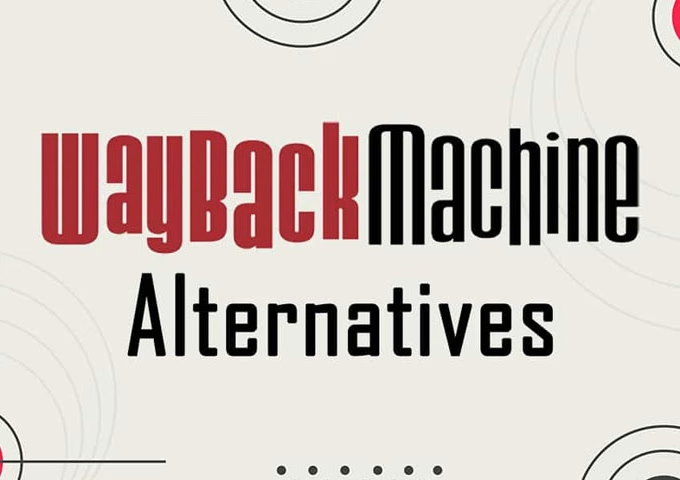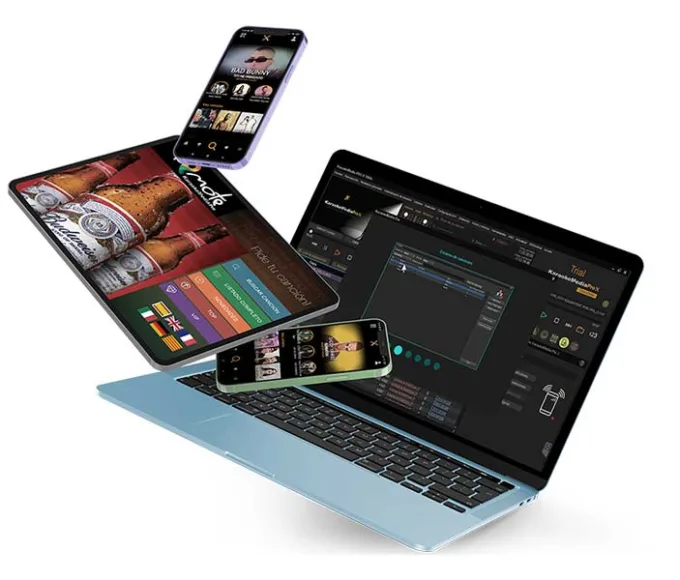In a world where collaboration reigns supreme, the spotlight is on the unsung hero that orchestrates the symphony of team collaboration – software. No longer confined to mere tools, collaborative software emerges as the maestro guiding teams through the intricate dance of communication, project management, and creativity. We’re not just talking about office based roles either! A home care app can keep all of your team in sync with one another.
Software Make Team Collaboration Easier
1. Breaking Down Communication Barriers
Communication lies at the heart of successful teamwork. Picture this: your team is spread across different time zones, drowning in a sea of emails, and struggling to keep everyone in the loop. Enter collaboration software – the knight in shining armor.
Real-Time Messaging: No more endless email threads! With real-time messaging features, team members can instantly communicate, share ideas, and make decisions. Whether it’s a quick question or a brainstorming session, the chat functionality brings everyone together in a virtual water cooler.
Project Updates and Notifications: Software keeps everyone in the loop with instant project updates and notifications. Say goodbye to the days of being unaware of crucial developments. The software acts as a diligent messenger, ensuring that every team member is on the same page.
2. Seamless File Sharing and Collaboration
Remember the frustration of version control issues and the chaos of hunting down the latest document? Collaborative software puts an end to that era, ushering in a new age of streamlined file sharing and collaboration.
Centralized Document Repositories: No more digging through cluttered email attachments or wondering if you have the latest version. The software provides a centralized hub for documents, fostering easy access and editing by team members. This ensures that everyone is working with the most up-to-date information.
Simultaneous Editing: Collaborative software allows team members to edit documents simultaneously. It’s like having a shared canvas where everyone can contribute in real time. This not only boosts efficiency but also sparks creativity as ideas seamlessly merge and evolve.
3. Project Management Made Simple
Effective project management is the backbone of successful collaboration. Juggling tasks, deadlines, and team members can be overwhelming, but software swoops in to simplify the chaos.
Task Assignments and Progress Tracking: With collaborative software, tasks can be assigned and tracked effortlessly. Team members know their responsibilities, deadlines are crystal clear, and progress is visible to all. This transparency promotes accountability and ensures that everyone is pulling their weight.
Visual Project Boards: Say goodbye to confusing spreadsheets! Visual project boards provide a clear overview of tasks and their statuses. It’s like having a roadmap that guides the team toward project completion. Plus, it’s visually appealing – a cherry on top for those who appreciate a good-looking workspace.
4. Fostering a Collaborative Culture
Beyond the practical functionalities, collaborative software plays a significant role in shaping the culture of teamwork within an organization.
Virtual Team Building: In a world where remote work is becoming the norm, creating a sense of camaraderie can be challenging. Collaborative software bridges the gap, offering virtual spaces for team building activities. From online games to virtual coffee breaks, the software nurtures a connected team culture.
Open Channels for Ideas: Software provides open channels for sharing ideas and feedback. Whether it’s a groundbreaking innovation or a simple suggestion for improvement, everyone has a voice. This democratic approach not only fosters collaboration but also empowers team members to contribute to the collective success.
5. Embracing Flexibility with Remote Collaboration
In the era of flexible work arrangements, collaborative software stands as the cornerstone of successful remote collaboration.
Video Conferencing: Gone are the days of stilted conference calls and fuzzy connections. Collaborative software brings teams face-to-face with high-quality video conferencing. It’s not just about discussing work; it’s about seeing the expressions, creating a virtual atmosphere that transcends physical distances.
Virtual Whiteboards: Miss those spontaneous brainstorming sessions with whiteboards? Virtual whiteboard features in collaborative software recreate that experience. Whether it’s mind-mapping ideas or sketching out plans, the digital canvas encourages creativity, turning virtual meetings into dynamic, interactive sessions.
6. Data Security: Safeguarding Your Collaborative Playground
As we dance in the rhythm of collaborative software, it’s crucial to recognize the role it plays in safeguarding sensitive information.
Secure Access Controls: Collaborative software comes equipped with robust access controls. Not everyone needs access to everything, and the software ensures that sensitive data is only in the hands of those who require it. This not only protects confidential information but also instills a sense of trust among team members.
Encrypted Communication: Privacy matters, especially when it comes to team discussions and file sharing. Collaborative software employs encryption to secure communication channels. It’s like having a private conversation in a crowded room – ensuring that your discussions remain confidential and secure.
Conclusion: Elevating Team Collaboration to New Heights
In the grand finale of our exploration, let’s raise a virtual toast to the unsung hero, the collaborative software. So here’s to the software that transforms collaboration from a challenge to a triumph, making the journey not just efficient but downright enjoyable.













